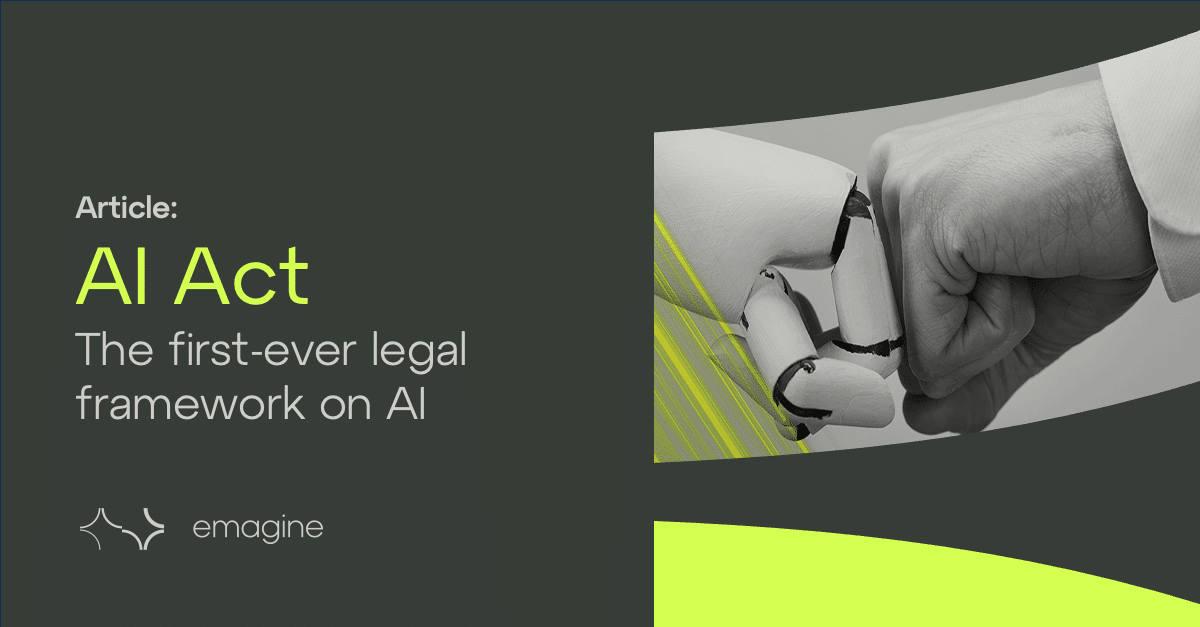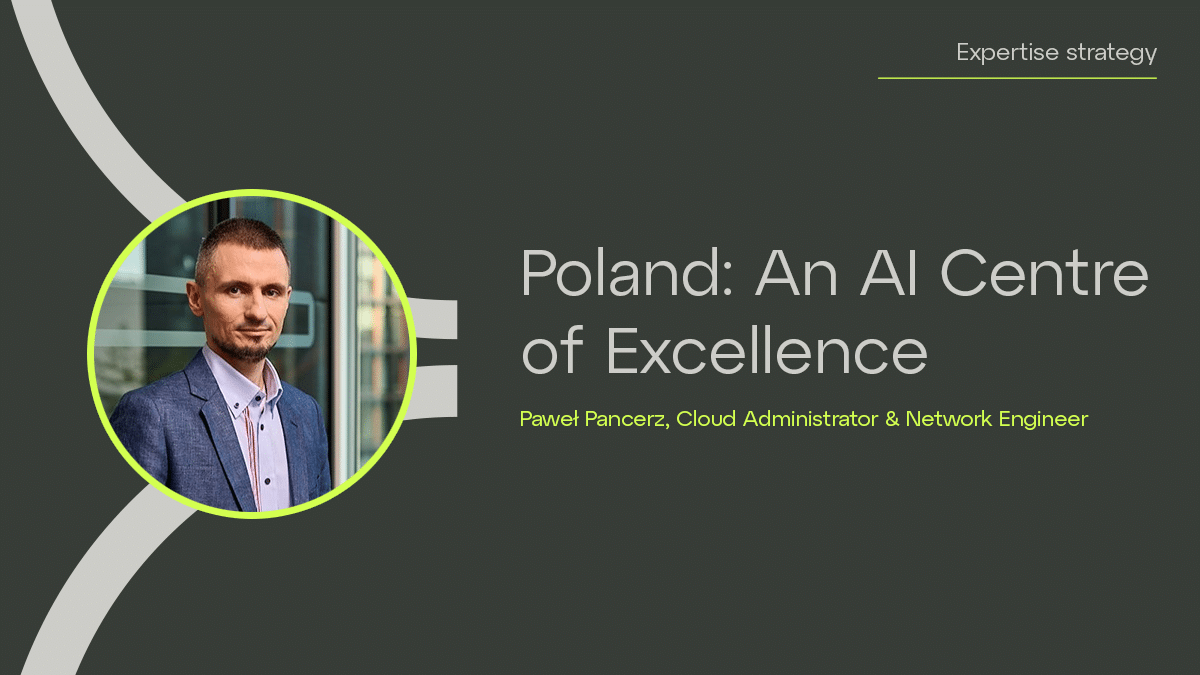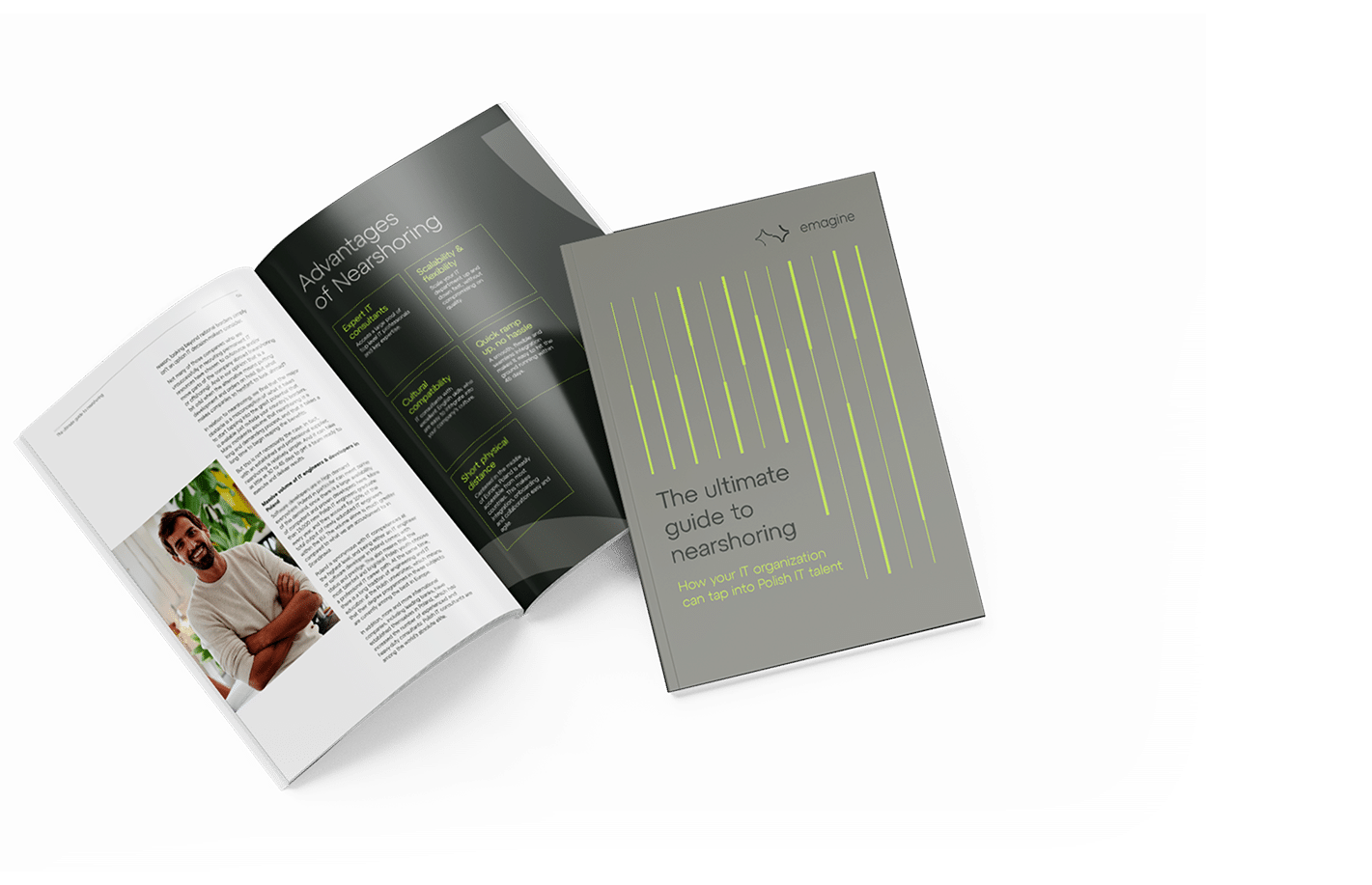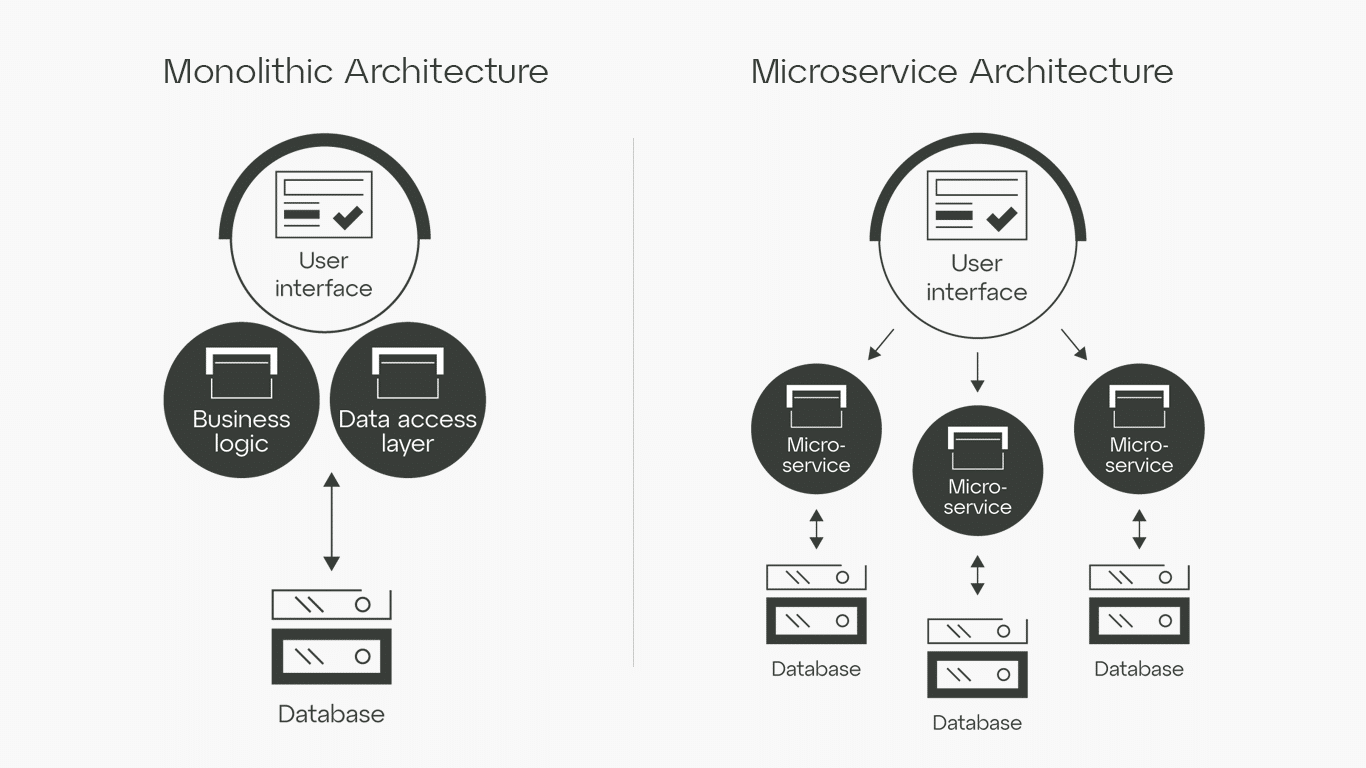Additionally, some teams at emagine use Teams calls to simulate a shared workspace. Even when working on independent tasks like database or email work, being in a virtual room together can recreate the energy of in-person collaboration. If members of the team need to talk something through or ask a question, they can do so with ease. Introducing a bit of fun competition can motivate team members too.
Sprint working
Sprint working is a proven strategy to maximise productivity and one we often use to meet deadlines. For us, sprints involve bursts of focus, typically lasting a few hours to get a solid amount of work done outside of meetings and socialising. In the tech sector, sprints can last a few weeks and are generally driven by project deadlines. It’s also about momentum, focus, and confidence. It has been found that companies who use sprints see consistent results from the process.
Sprints Are the Secret to Getting More Done (Harvard Business Review)
A two hour sprint can be useful for employees from all kinds of businesses as it ensures 100% effort and concentration on achieving key tasks. Teams can work together in small groups to tackle specific deliverables, turning emails and phones off to eliminate all distractions. After the key tasks are completed in the sprint, employees can return to emails and meetings knowing they don’t need to worry about finding time to complete outstanding work.
Workspace set up
A well-designed workspace is essential for working productively. Whether it’s a standing desk or an office chair, employees need an environment that they can comfortably work in. Employees can get into the habit of sitting at their kitchen table on an uncomfortable chair, but that will be detrimental. Reliable Wi-Fi is non-negotiable, so employees must have the means to be present on calls.


















































